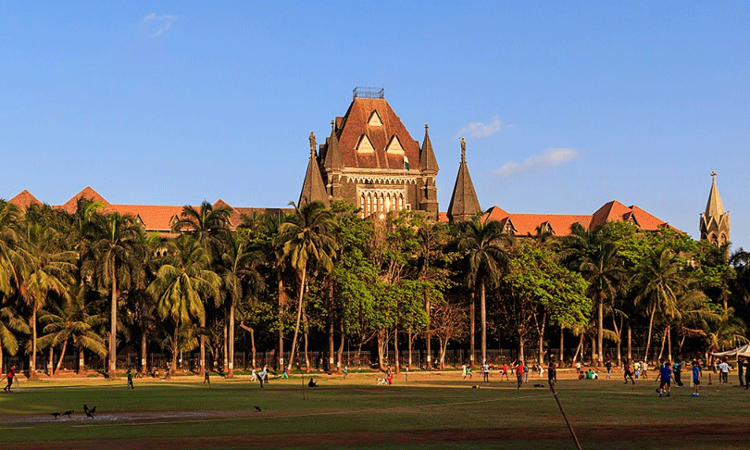The Bombay High Court, while invoking the doctrine of unjust enrichment, directed the department to refund the TDS amount deposited by the assessee under protest.The bench of Justice K. R. Shriram and Justice N. K. Gokhale has observed that technically, even though the amount deposited by the petitioner would be called ‘tax deductible at source’, what the petitioner paid was ‘an ad...

